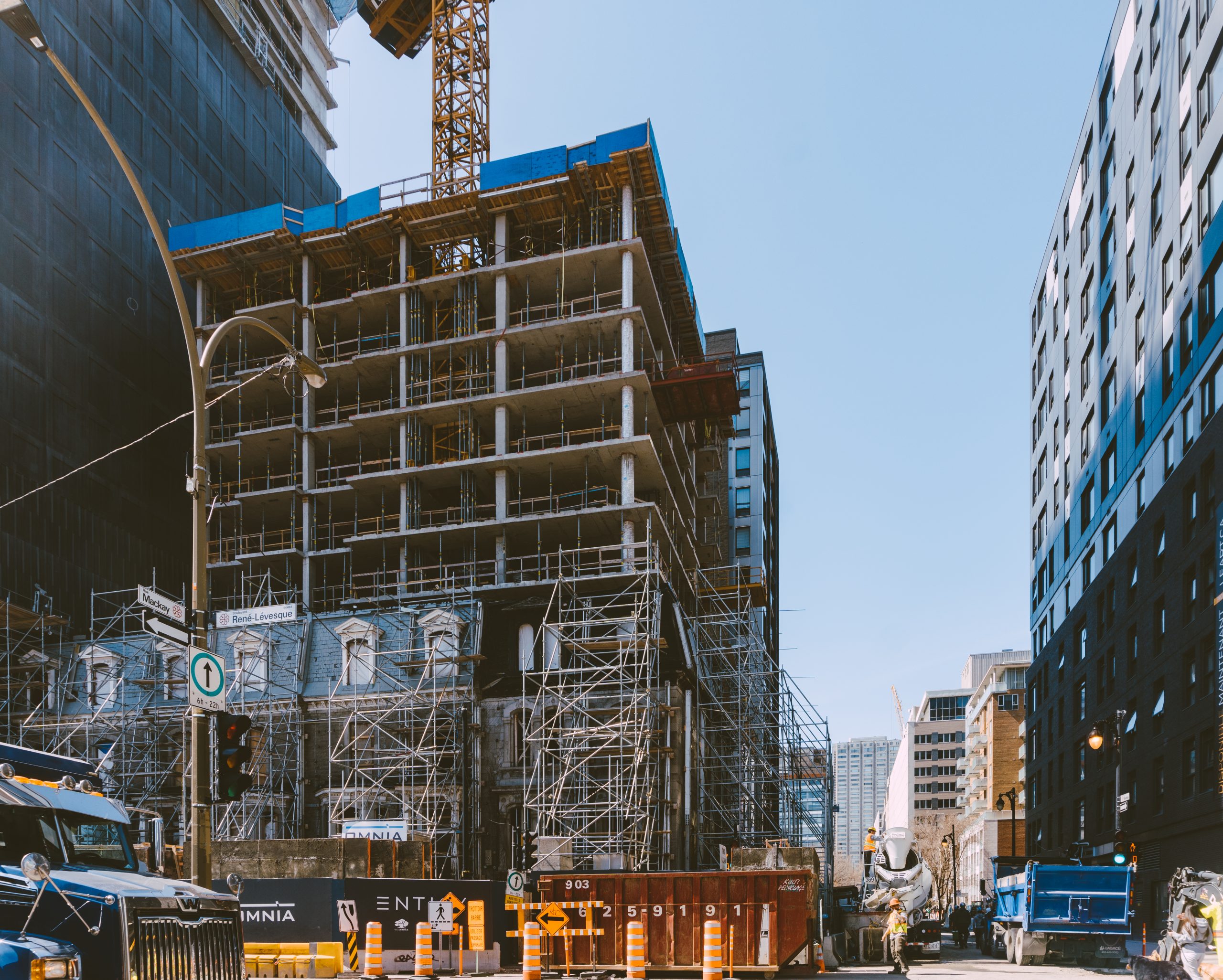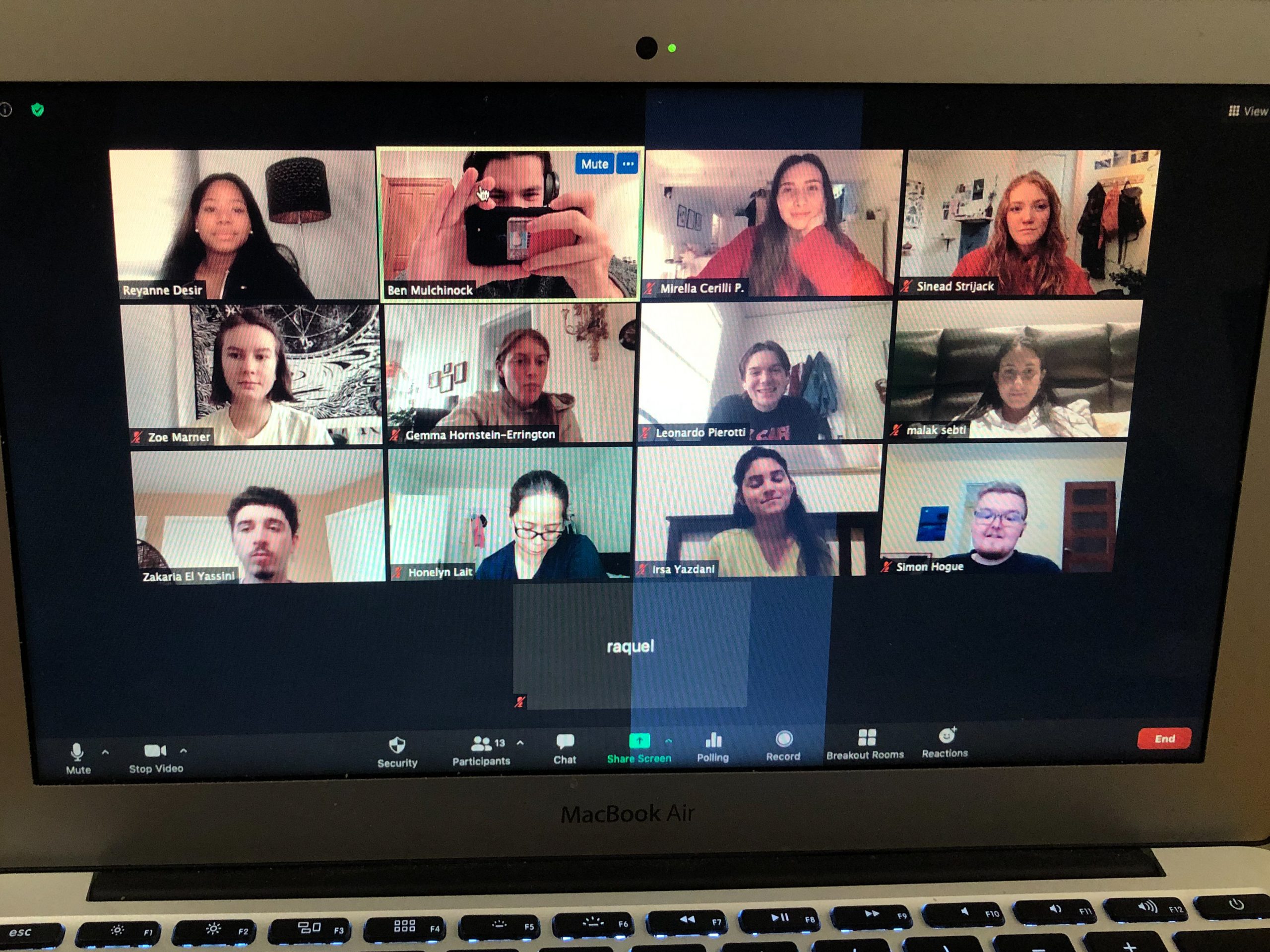In the days following the eruption of post-election violence in Kenya it seemed the script had already been written.
“Kenya: Tribal Rage over Disputed Election,” read the Jan. 3 Washington Post headline. The article went on to state, “The inter-tribal violence recalls impoverished Rwanda and its ghastly 1994 genocide.” The International Herald Times pinned it a new chapter in ethnic cleansing, while Thilo Thielke of the Spiegel International wrote, “the unrest in Kenya following the disputed election victory of President Mwai Kibaki is escalating into a tribal war. The carnage is starting to remind observers of the Rwandan genocide of 1994.”
These are just a few of hundreds of examples where the Western media boiled the root Kenyan conflict down to two simple causes: a dangerous cocktail of electoral fraud and tribalism. When speaking of Africa, a common Western narrative has historically described the continent as a single indistinguishable territory, a land of absolute poverty and stagnation riddled with deep-seated ethnic tensions that will never change. Have we once again been caught in the snare of stereotypes of Africa?
The attacks in Kenya that have seen over 800 people killed and forced an estimated 250,000 to flee their homes have undoubtedly taken place along racial lines. However, academics, Kenyan ex-patriots and many others are now saying the crisis is in essence a class struggle, which has been ethnically charged by self-serving politicians in both President Kibaki’s government and Raila Odinga’s Orange Democratic opposition party. It seems there is more at stake than a simple ethnic war and, as easy as it is for Western media to reduce it to such, sophisticated political games at play are costing the lives and security of thousands of Kenyans.
Website uncovers class element
When newly re-elected President Kibaki shut down the Kenyan media for two days at the outset of the electoral dispute, Kenya’s national news network began showing re-runs of 1970’s sitcoms. Although those displaced by the conflict have no Internet access, bloggers like Kenyan-born Eric Hershman became their only source of information.
Realizing the mainstream media could not cover all the incidents of violence, Hershman created a Google map website called Ushahidi in an attempt to track the violence. The system allows Kenyans to report an attack. The reports are corroborated by Ushahidi members by finding supporting evidence in the media and by speaking with NGOs on the ground before including the reports on the map.
The website reports have revealed that the large majority of the attacks are taking place in lower class villages and in the slums of Nairobi.
Living in Montreal, Nitha Karanja, a Kenyan woman, created a fundraising initiative called Funefu for those displaced by the violence in Kenya. She agrees that the struggle is mainly one of class.
“I read an editorial [in the Kenyan press] in which many of the rich in Nairobi were complaining that their servants and gardeners weren’t showing up for work. They were saying, ‘they should at least come to work, I can’t manage this house by myself.’ This is why it boils down to a class struggle, people with money are literally living in their own bubbles,” says Karanja.
Karanja says her statements are corroborated by the demographics of those involved in the fighting, “It is mostly young men between the ages of 18-35 that are from a socio-economic class that doesn’t have much, so there’s not so much to lose and lots to gain.”
Opportunism at its worst undermines the
political struggle
Concordia professor of modern African history, Andrew Ivaska believes the original outburst of violence represented a positive political reaction. “Cutting across class divides people are extremely politically aware. political debate in Kenya is in many ways more vibrant than political debate in Canada,” said Ivaska. One look at the Kenyan press would demonstrate the diversity of opinions being vehemently expressed. “I would want to hang on the impetus behind the anger of the manipulation of the votes, that is not the expression of some primordial ethnic hatred. It is the expression of a public that is politically aware and is prepared at great risk to stand up to those in power and to make them accountable,” he said.
Unfortunately, political violence often becomes an opportunity for those who are desperately poor to get their hands on material goods out of their reach under normal circumstances. Ivaska says that the ethnic pattern of attacks in Kenya must be placed in context.
“Ethnicity has been a vehicle for the expression of struggles which are quite material and political in nature,” said Ivaska. “You see some of the violence being as much about looting as ethnically targeted attacks and then there is the whole political demonstration side,” he said. “Some of these events start as political demonstrations, [then] when the riot police show up, there is a heavy handed application of force by the police which generates resistance by the crowd. As that spills over it provides opportunities for people to attack, for example, their neighbors that they are not happy with.”
Ivaska suggests Kenyan ethnic identity is rooted in the widespread perception that ethnic Kikuyu have held a monopoly on power and wealth since independence.
He suggests the picture is much more complex because inequalities crosscut ethnicity, “in many ways the perception is as important as the reality.” Ivaska suggests that in poorer communities, like the rural slums in Nairobi, the idea of ethnicity is much more prevalent and charged. Unlike those in the upper and middle class who live privileged lives that crosscut ethnicity, Ivaska said in the rural slums ethnicity provides a network and a social safety net. “In those poor neighborhoods ethnicity is very important, not in terms of a primordial attachment, but as a vehicle for material needs.”
When the opposition leveled complaints towards President Kibaki’s Kikuyu-led government, which promised to rectify perceived historical injustices, charges of the election being robbed took on a new significance. “One of the closest sites of identification people seize on in order to express that frustration is an ethnic one,” said Ivaska.
Still, tribal divisions very real in Kenya
Karanja says, “I don’t necessarily think that the origins are in tribalism, but the origin is that ‘tribal identity’ is still so real . . . The majority of Kenyans are rural farmers therefore you are usually interacting with people from the same tribe.”
But, she added, “it is so easy to say ‘tribalism’ because it is such a fantasized African cliché . . . this word is really used with a sense of patriarchy.”
Manipulation by political leaders
Binyavanga Wainaina, a Kenyan writer famous for his satirical flyer directed at Western journalists titled ‘How to Write about Africans,’ believes this class divide was put into racial terms by the political leaders in a very self-serving way.
“The burning houses and the bloody attacks here do not reflect primordial hatreds. They reflect the manipulation of identity for political gain,” he wrote in an editorial to the New York Times. He continued saying, “Mr. Odinga and President Kibaki are not really ethnic leaders, but in the days since the disputed election they have stoked tribal paranoia and used it to cement electoral loyalty.”
Professor Ivaska agrees saying, “[the opposition] did play quite strategically on these perceptions of Kikuyu dominance of power and wealth as a way of furthering their movement.”
Karanja also believes Kibaki and Odinga used ethnicity to further their voting potential, portraying themselves as the champions of a given tribe. “[Prior to the election Kibaki and Odinga] were so irresponsible with their language, although it wasn’t to the extent of hate speech, they were definitely setting things up so that in the event that you feel dissatisfied with an outcome you feel at the same time empowered to take some sort of violent action.”
She believes this conflict uncovered the flawed nature of Kenyan politics. “Our politicians are multi-millionaires, [in North America] you have sort of career politicians. [In Kenya] if you make money then you gain power and agency, which is sad because you don’t have people entering trying to make a positive change to the country.”
Ivaska said that, particularly under President Daniel Moi, ethnicity has often been used to fragment the opposition by inciting ethnic rivalries. Although Moi was in many respects a very unpopular leader, he was nevertheless able to maintain a tight grip on power throughout the 1990’s.
What’s needed for real change
Although Kenyan politicians have in many ways manufactured the ethnic tensions, they must be reconciled in order for Kenya to move forward. Karanja said “[Kenyans need] to work on this ideal of national identity of what it means to be Kenyan.”
Karanja does not see foreign intervention as a viable solution, believing those outside Africa would not come to the table with Kenya’s best interests at heart.
“A solution will only come from the grassroots level, by people coming together to de-construct some of the issues that people like to call tribalism.”
Instead of voting along racial lines she believes people must begin asserting their agency in the political process. “Hopefully this is going to give Kenyans the ability to look more critically at politicians and the political process and to ask themselves ‘why did we do this?'”
Ivaska on the other hand sees the negotiations being set up by Former UN Secretary General Kofi Annan and the heads of the African Union as a positive short-term solution, pointing out that all negotiations need mediators. Whether it be holding new elections or forming a transitional government, Ivaska believes some sort of political resolution is necessary. “But I agree that the deeper dynamics that have come to the surface with this crisis won’t simply disappear with a resolution or agreement between Odinga and Kibaki.”
Completing the reformation of the constitution will help in changing both the perception and the reality that elections in Kenya can be all too easily manipulated, suggested Ivaska. He is not hopeful change will occur anytime soon for a big factor of the conflict – inequality of wealth. “Changing that is not something that will happen overnight. It is tremendously important, but it is something that is tremendously difficult in the long-term.”
The Rwanda comparison
Ivaska doesn’t agree with Western journalists comparing the situation in Kenya to the Rwandan genocide. “It’s not about one community dominating throughout colonial rule and now its revenge time. The Kikuyu in colonial Kenya were not a privileged category, far from it, they bore the brunt of settler colonialism in Kenya,” he said.
He believes this demonstrates how “countries in Africa, in the popular culture are to some degree seen as interchangeable. So what happens in one place can be explained by reference to another instead of actually delving into the history of that place itself. The same wouldn’t be done in Europe. Someone writing of a political crisis in France wouldn’t explain it with reference to a political crisis in Italy.”
Kenya’s conflict has brought many issues to light. Inequalities of wealth when combined with politicians inciting ethnic rivalries to enrich their own personal fortunes could potentially lead to a Rwanda-like situation. For the Western media, however, to immediately jump to these conclusions glosses over the complexities of Kenya’s history and political climate.



